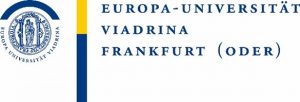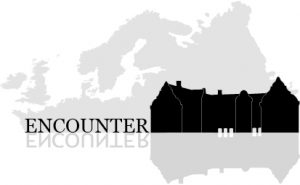Call for abstracts: Managing Manorial Heritage
Download call here: Managing Manorial Heritage
The European Network for Country House and Estate Research (ENCOUNTER) and the European University Viadrina in Frankfurt (Oder) / Germany are preparing an edited volume Managing Manorial Heritage that will be focused on the issues of safeguarding, maintaining and management of manor houses in today’s Europe.
Both the evolutionary socioeconomic changes in the West as well as the revolutionary turns in the Central and Eastern Europe have contributed to increasing concerns about the contemporary role and maintenance of houses and landscapes that were originally built as private landed estates of the nobility. These processes have been accelerating over the last decades due to the restructuring of land use and property. Urbanization and depopulation, amongst other challenges, have affected rural regions with their historical landscapes and buildings. Maintaining the most valuable historic manors and castles has become an increasingly challenging task.
At the same time, manor houses have become one of the most powerful foundations for all kinds of strategies in tourism planning, and the broader spatial development of regional entities. Indeed, several leisure, knowledge and experience-oriented developments in society provide new opportunities for the manorial heritage.
Could we identify some hard and soft factors providing more audiences and more capital for these distinguished pieces of rural heritage? “Soft factors” as social practices include increasing mobility and the search for unique leisure aspirations (being away, enjoying historic gardens, etc.), and “hard factors” as political and economic framework include the gradual increase of financial investment due to the creation of tourist infrastructures or private investments of people wishing to move out of town and using the opportunities of an independent work in a home office.
However, the pandemic revealed the vulnerability of tourism, and it is now important to articulate models that provide more resilience to these cultural places in rural regions.
The volume will be divided into three sections:
1) “Macro” level: we want to ask to what extent “heritage governance” strategies in different European countries are coming from the top of the planning authorities and putting special emphasis on manors and estates and how do they work?
2) “Mezzo” level: to what extent are the existing manorial attractions horizontally interconnected to create cooperative networks with relevant offers for tourism and creative industries?
3) “Micro” level: how have individual manorial sites developed and connected with the local, regional or supra-regional audiences from the bottom up?
Please submit a brief abstract (500 words), along with a brief biographical note with your title and institutional affiliation to: zalewski@europa-uni.de
The deadline for abstract submission is December 15th, 2022. Notification of acceptance will be sent by February 1st, 2023.
Those selected should submit texts in English (6,000-9,000 words) by 1st July 2023

